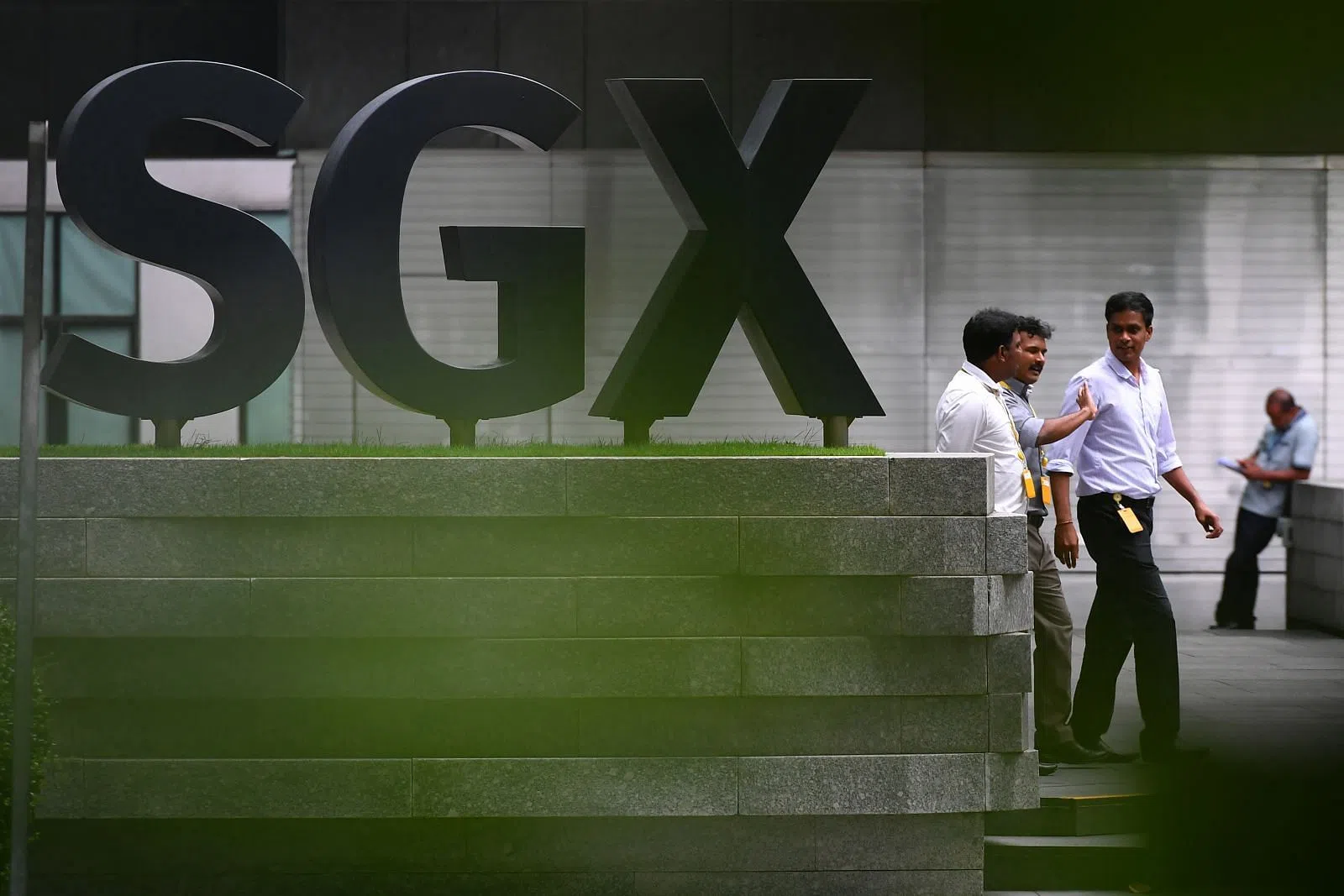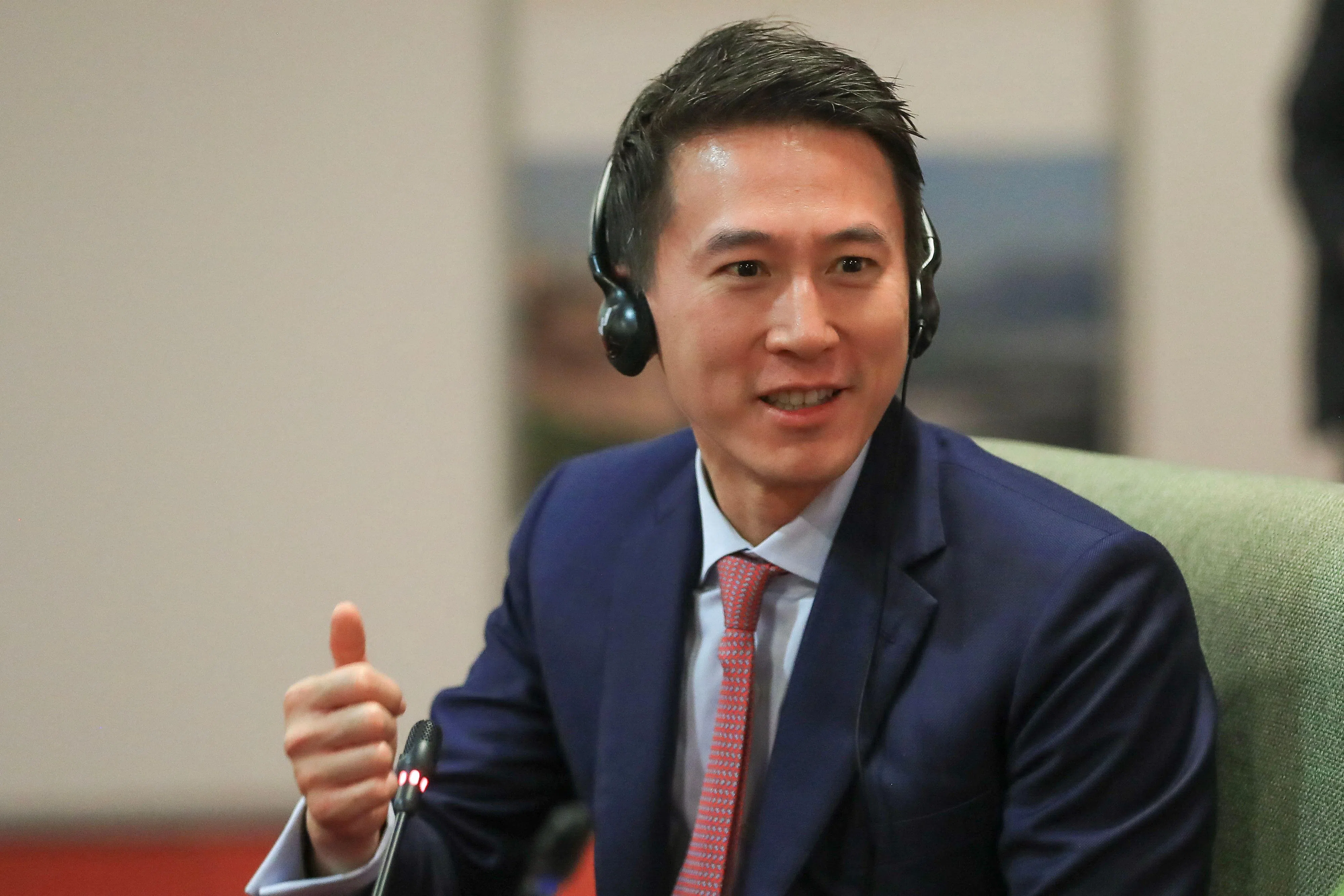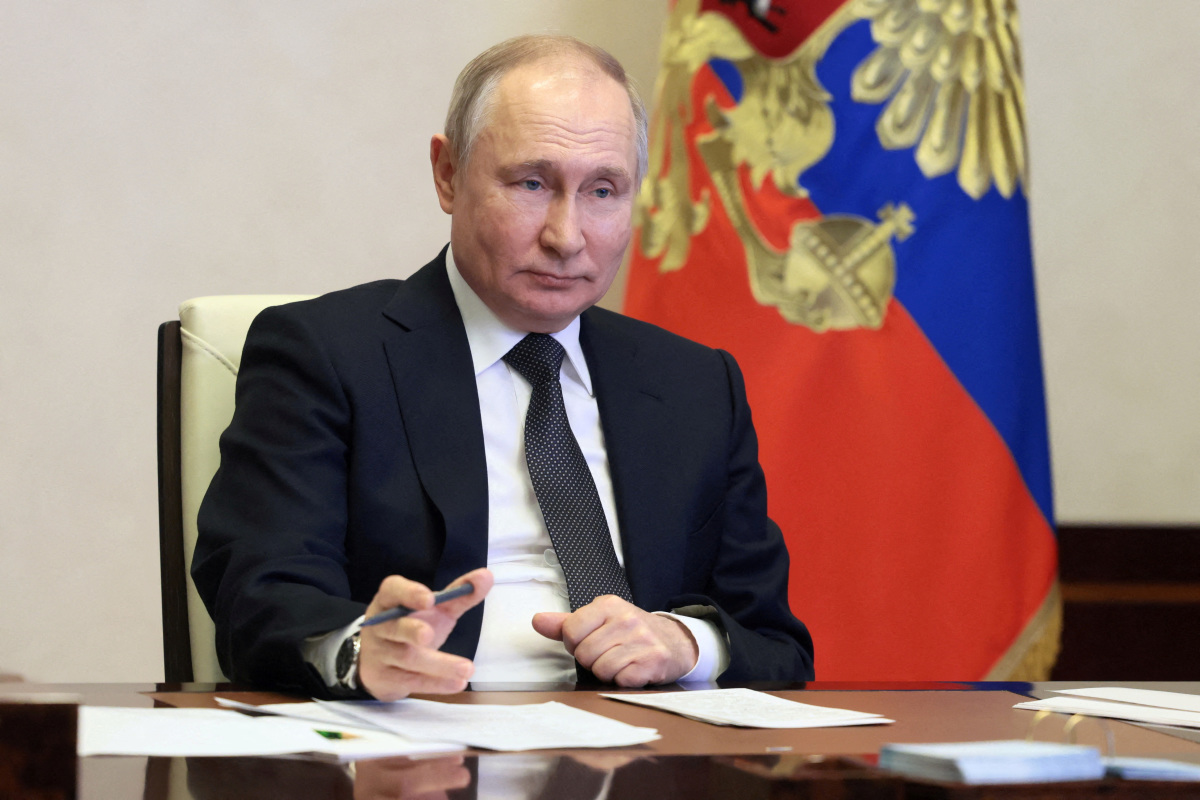Russian President Vladimir Putin said on Tuesday the strategic nuclear weapons reduction treaty his country had signed with the United States has been suspended in the wake of the aggressive western assistance to Ukraine.
Putin said he has ordered new strategic systems to be deployed on combat duty, signalling a willingness to walk the talk on the nuclear threat if pushed to the limits in Ukraine. Putin, who was making a nearly 2-hour speech to the Federal Assembly in Moscow ahead of the anniversary of the military operation in Ukraine, said his country would also resume nuclear tests.
The Russian President also said he would achieve the strategic goals of the military campaign in Ukraine despite the combined firepower of the West in Russia’s backyard. He lashed out at the US and its Nato allies, who precipitated the current war through their expansionist policies.
“The elites of the West do not hide their purpose. But they also cannot fail to realise that it is impossible to defeat Russia on the battlefield,” Putin said.
“If the United States conducts tests, then we will. No one should have dangerous illusions that global strategic parity can be destroyed … A week ago, I signed a decree on putting new ground-based strategic systems on combat duty,” Putin added.
Putin said that contrary to the dominant narrative, it is the US and the West that have occupied Ukraine. “The people of Ukraine have become the hostage of the Kyiv regime and its Western overlords, who have effectively occupied this country in the political, military and economic sense,” Putin said.
The Russian leader added that the US and its allies are trying to broaden the current war into a global conflict. “They intend to transform a local conflict into a phase of global confrontation … This is exactly how we understand it all and we will react accordingly, because in this case we are talking about the existence of our country.”
What is New START Treaty?
Russian President Dmitry Medvedev and US President signed the new START treaty in 2010. The accord aims to limit the number of strategic nuclear warheads that the US and Russia can hold.
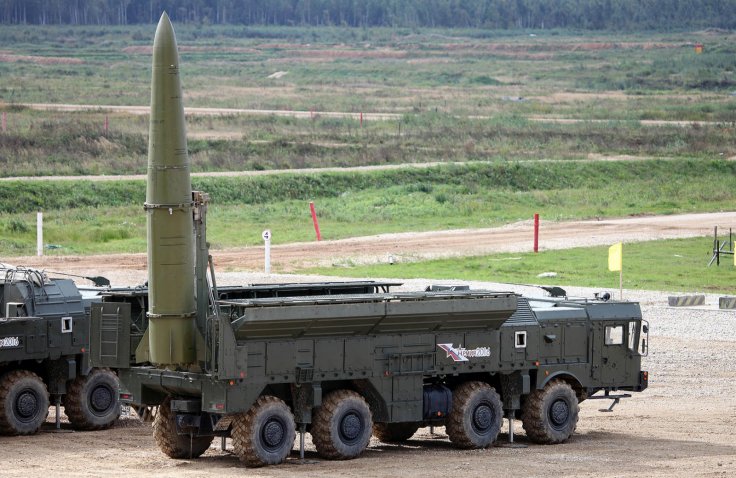
Wikimedia Commons
“The New START Treaty entered into force on February 5, 2011. Under the treaty, the United States and the Russian Federation had seven years to meet the treaty’s central limits on strategic offensive arms (by February 5, 2018) and are then obligated to maintain those limits for as long as the treaty remains in force,” the US State Department says.
Broadly, the limits on nuclear weapons each superpower can hold are the following:
- 700 deployed intercontinental ballistic missiles (ICBMs), deployed submarine-launched ballistic missiles (SLBMs), and deployed heavy bombers equipped for nuclear armaments;
- 1,550 nuclear warheads on deployed ICBMs, deployed SLBMs, and deployed heavy bombers equipped for nuclear armaments (each such heavy bomber is counted as one warhead toward this limit);
- 800 deployed and non-deployed ICBM launchers, SLBM launchers, and heavy bombers equipped for nuclear armaments.
Why is New START Treaty of Critical Importance to the US?
With the New START treaty in place, the US has some vital safeguards against the potential Russian use of the arsenal.
** The treaty limits all Russian deployed intercontinental-range nuclear weapons, including every Russian nuclear warhead that is loaded onto an intercontinental-range ballistic missile that can reach the United States in approximately 30 minutes.
** The Treaty also limits the deployed Avangard and the under development Sarmat, the two most operationally available of the Russian Federation’s new long-range nuclear weapons that can reach the United States, the State Department says.
** The Treaty ensures that the US has verifiable limits on the mainstay of Russian nuclear weapons that can reach the U.S. homeland for the next five years.
** As per the terms of the Treaty, the Russian Federation has declared 1,447 deployed strategic warheads. Russia has additional capacity to deploy many more than 1,550 warheads on its modernized ICBMs and SLBMs, as well as heavy bombers. However, Moscow is constrained from doing so under the terms of the Treaty. Russia’s suspension of the treaty thus becomes a serious security concern for the US.
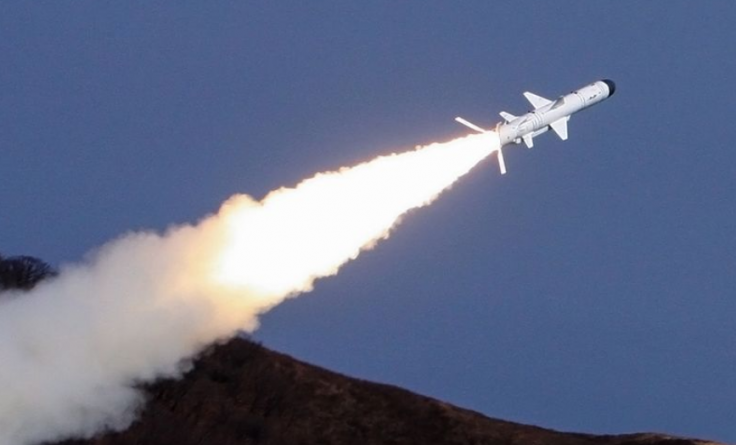
Wikimedia Commons
The treaty is due to expire in 2026 but under normal conditions it would have been renewed. US Secretary of State Antony Blinken lashed out at the Russian decision, saying that Putin’s action was deeply unfortunate and irresponsible.


